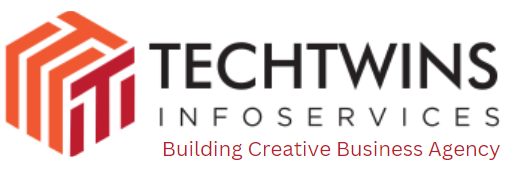RPO Services
Home » RPO Services

Recruitment Process Outsourcing Services in the India
We provide Recruitment Process Outsourcing (RPO) Services to local and foreign companies seeking to reduce their recruitment costs by outsourcing to a service provider in the India.
Our recruitment consultants will help you fill your vacancies with the right talent, using experience-based methods and our extensive industry contacts. Aside from filling your vacancies, we will also help improve your in-house recruitment process, so you can better filter candidates, cut unnecessary costs, and streamline the hiring process.
Our RPO Process

Why Avail Our RPO Services
Cost savings are among the primary benefits of RPOs. But it shouldn’t equate with poor quality. At KCG, we maintain quality in all our placements to ensure you get your money’s worth.
We handle every aspect of the recruitment process to ensure continuity. From sourcing candidates to onboarding your chosen applicants, our consultants have available tools in place to make the recruitment process easier and faster for you.
We deploy dedicated consultants for each engagement to ensure consistency, quality, and accountability. Our consultants are also trained on how to represent clients to potential candidates as well as how to market their organization as an ideal workplace.
With our large recruitment database and wide industry contacts, sourcing candidates for your vacancies will be considerably shorter compared to the average time it takes for internal recruiters to endorse applicants to you.
Clients can avail our RPO services for a minimum of three months. But we can adjust the actual duration of engagement depending on the client’s requirements.
Our RPO services are ideal for companies with mass hiring requirements. With fair rates and fast turnaround time, clients can significantly cut costs, shorten the hiring duration, and effectively filter top candidates from countless applications.

RPO Service
RPO is the long-term handoff of control of all or a portion of an employer's hiring procedure to a professional outside party. In order to satisfy employment demands without increasing budgets to pay for in-house recruiters or recruitment agencies, this business model enables firms to expand resources as requisitions change.
An RPO provider acts as an in-house recruiter for a business, providing efficiency and flexibility to the recruitment process. It relieves employers and HR professionals of administrative burdens and delivers a seamless, high-touch experience for job candidates.
A comprehensive RPO partnership offers daily administration and big-picture, strategic guidance across the entire recruitment process from talent consulting to onboarding support. These services are typically underpinned by a flexible applicant tracking system (ATS). All sourced and recruited candidates are exclusive to the client and are not shared with any other clients.
RPO can help organizations maximize their budget, boost productivity, and retain employees at any time, but especially during periods of rapid change. Among the additional advantages of outsourcing talent acquisition are
What advantages does outsourcing recruitment offer?
RPO can help organizations maximize their budget, boost productivity, and retain employees at any time, but especially during periods of rapid change. Among the additional advantages of outsourcing talent acquisition are
Types of RPO:
RPO pricing models
Organizations that outsource recruitment typically leverage an in-house team, a contractor model, or (most commonly) a combination of the two. Blended models can be particularly advantageous for employers whose hiring needs fluctuate throughout the year.
Employers generally pay for RPO in one of the following ways:
Of these options, most employers prefer the cost-per-hire model because of the flexibility it affords. As hiring volumes increase or decrease, so do recruitment expenses. Cost per transaction, on the other hand, can be expensive for businesses that process a high number of candidates.
How can employers determine whether RPO is a good fit for their company?
When considering RPO, employers must carefully evaluate their people, processes, and technology. If any of the following challenges are uncovered during the assessment, outsourcing recruitment may be warranted:
- limited capacity of the hiring team
- Processes that are decentralized or ineffective
- Demands for seasonal hiring
- Compliance hazards
- high expenditures for hiring
- Absence of specialist recruitment knowledge
- Organic expansion, mergers, purchases, or expansions
- Absence of reporting and data capabilities
- limited functionality of applicant tracking systems
Choosing an RPO provider:
Once employers have identified their recruitment and talent needs, they can begin the RPO selection process. The ideal provider generally will:
- Provide novel and advising remedies
- Programs should be tailored to specific needs.
- Align with the mission and culture of the client
- Have the capacity for global work
- Recognize trends in the talent market.
- Use data to offer results that have been proved
- Scale up as organizations expand




